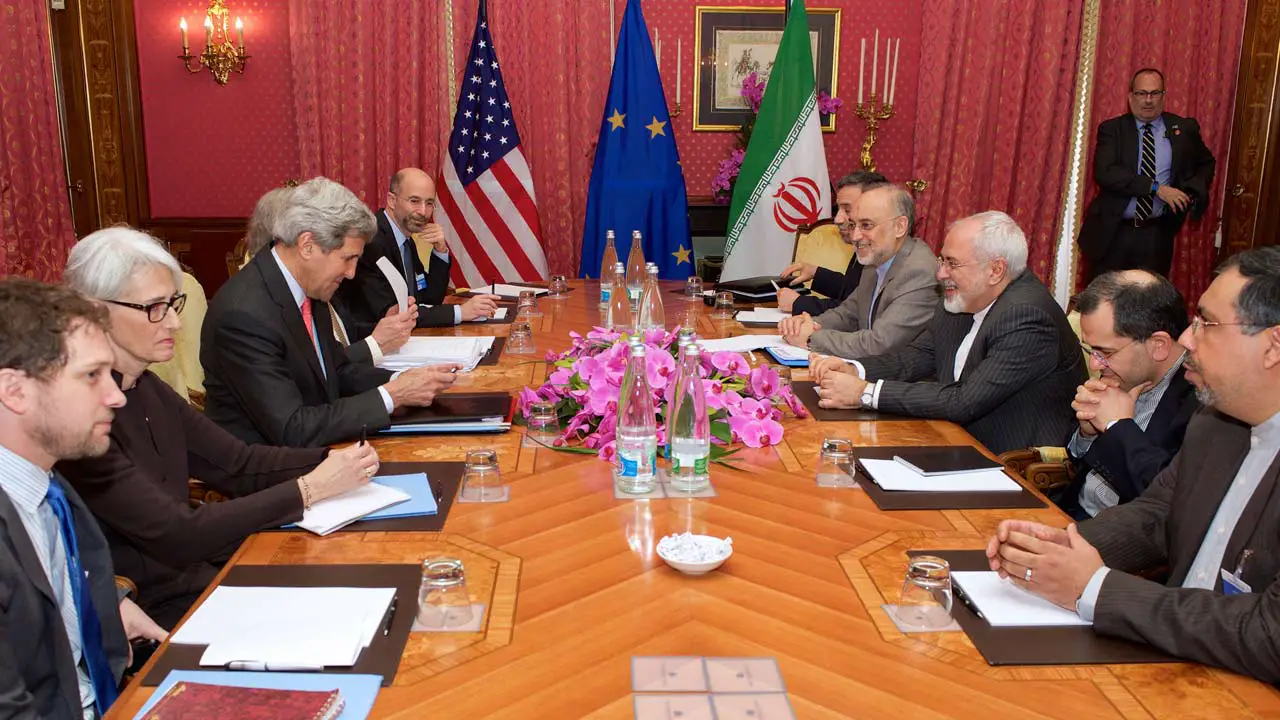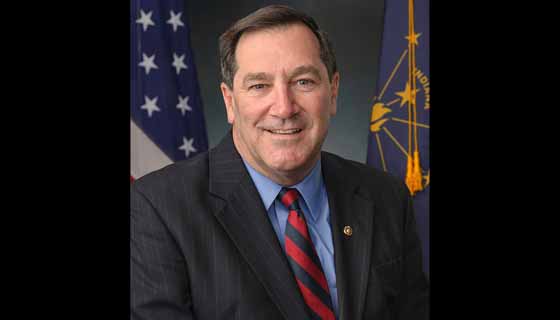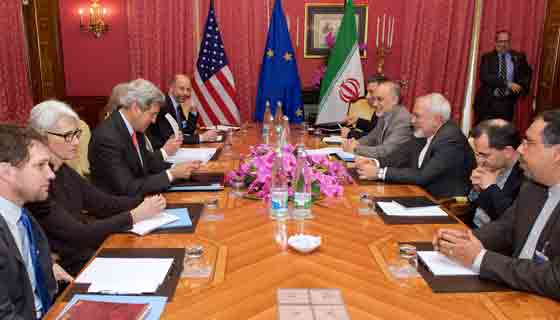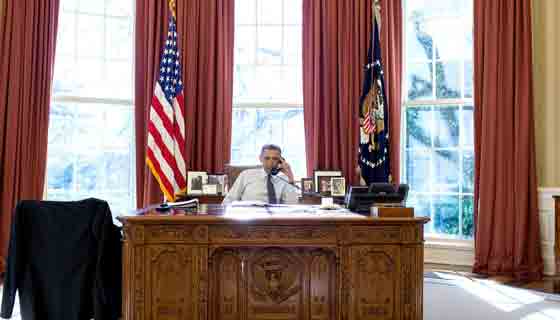The foreign ministers of the United States, the UK, Russia, China, France, plus Germany (known as the P5 + 1 nations) came to an agreement with Iran on Thursday over that country’s nuclear program.
The framework — which will be finalized in June — settles key questions over Iran’s ability to enrich uranium, the status of sanctions, and the conditions for international inspectors.
“It is a good deal — a deal that meets our core objectives,” President Barack Obama said at an afternoon press conference to announce the deal.
The president said that the deal creates a “framework [that] would cut off every pathway that Iran could take to develop a nuclear weapon.”
“Iran will face strict limitations on its program and Iran has also agreed to the most robust and intrusive inspections and transparency regime ever negotiated for any nuclear program in history.”
Under the agreement, Iran would not be allowed to build any new facilities for enriching uranium for fifteen years and must turn over most of its stockpile of low-enriched uranium.
Enrichment could only continue at a single existing site using first-generation technology. Most advanced centrifuges will be removed, with the exception of a limited number for research and development that will be closely monitored by an international team of scientists.
The underground Fordo facility, which American and Israeli intelligence agencies have worried would be impenetrable from a possible airstrike, will be completely converted to a research center.
President Obama emphasized that the deal “is not based on trust” but rather “unprecedented verification.”
“International inspectors will have unprecedented access not only to Iran nuclear facilities but to the entire supply chain that supports Iran’s nuclear program — from uranium mills that provide the raw materials to the centrifuge production and storage facilities that support the program. If Iran cheats, the world will know it,” the president said.
In return for confirmed compliance by the United Nations’ nuclear agency, economic and financial sanctions against Iran will be removed by the United States and the European Union.
The New York Times further details the plan:
Iran faces sharp limits for the first 10 years, and during that time the United States would be able to say that the country remains a year away from being able to produce one weapon’s worth of fuel — Mr. Obama’s objective.
But it cannot claim that in years 10 to 15, when Iran would be permitted to gradually increase production. And after Year 15 the agreement largely expires — meaning that Iran would be able to produce as much material as it wishes, like Japan or Brazil.
It would remain under the inspection requirements it agreed to, and inspectors would still be able to roam the country. But there would be no limits on production — meaning that if Iran wanted to set up the 190,000 centrifuges that Ayatollah Ali Khamenei talked about last summer, they would be able to do so.
Anticipating that criticism, Mr. Kerry insisted in his news conference that some elements of the agreement “will never expire,” mostly inspection requirements. He said Thursday that Iran would allow the atomic energy agency to inspect anywhere it wants.










